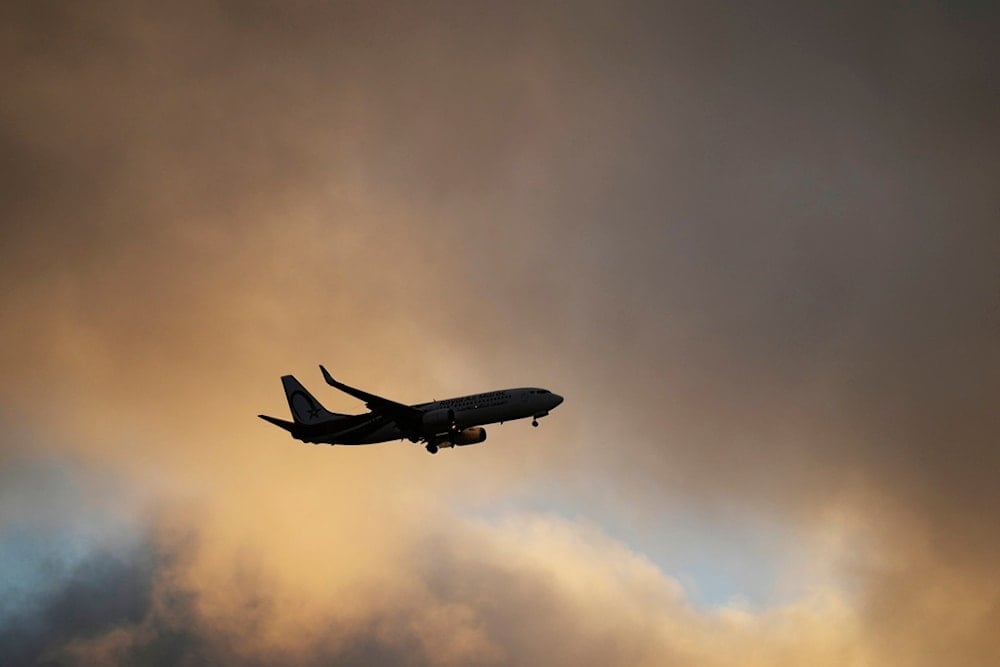Boeing expands probe into Chinese titanium after documentation issues
The expanded review follows an investigation by regulators into whether false or incorrect documents were used to verify the authenticity of titanium used in parts for Boeing and Airbus jets.
-

Boeing Expands Scrutiny of Chinese Titanium Supply Following Documenta
Boeing is expanding its investigation of Chinese titanium used in commercial jets, according to a letter seen by Reuters. The move comes amid concerns over potentially falsified documentation used to authenticate the metal, which is crucial for aircraft safety.
The US planemaker has requested suppliers to provide detailed records on Chinese titanium purchases dating back to 2014. The request, issued in mid-July, aims to ensure that all titanium used in Boeing aircraft is properly documented. Suppliers have been given until August 9 to comply.
The expanded review follows an investigation by regulators into whether false or incorrect documents were used to verify the authenticity of titanium used in parts for Boeing and Airbus jets.
Initial reports of forged documentation had raised concerns about the structural integrity of some aircraft. However, planemakers and suppliers maintain that the correct titanium alloy was used and that their products are safe.
Read more: Boeing faces possible criminal indictment
The request for records is said to be part of Boeing’s broader effort to address industry-wide documentation issues. The company has been under heightened scrutiny since January, when a mid-air blowout of a door panel on a new 737 MAX 9 raised concerns about missing repair documentation. Boeing believes the required documents were never created.
In February, Boeing asked suppliers to disclose whether they had procured titanium from distributor Titanium International Group (TIG) since January 2019. TIG had noted discrepancies in the material and questioned the authenticity of the accompanying paperwork.
The scrutiny comes as the aerospace industry faces a tight supply of titanium, a metal valued for its strength and light weight, which is essential for components like engine parts and landing gear. There is growing demand for titanium as Western nations seek alternatives to metal sourced from Russia and China.
Read more: US tariff hike on China may destabilize global economy: Jeffrey Sachs
Spirit AeroSystems, a key Boeing supplier, confirmed it will comply with the planemaker's request. "Documentation compliance is critical in the aviation industry," said Joe Buccino, a spokesperson for Spirit AeroSystems.
Airbus is also collaborating with authorities to investigate traceability issues affecting a small number of titanium parts used in its aircraft programs, including the A220, A320, and A350.

 3 Min Read
3 Min Read








